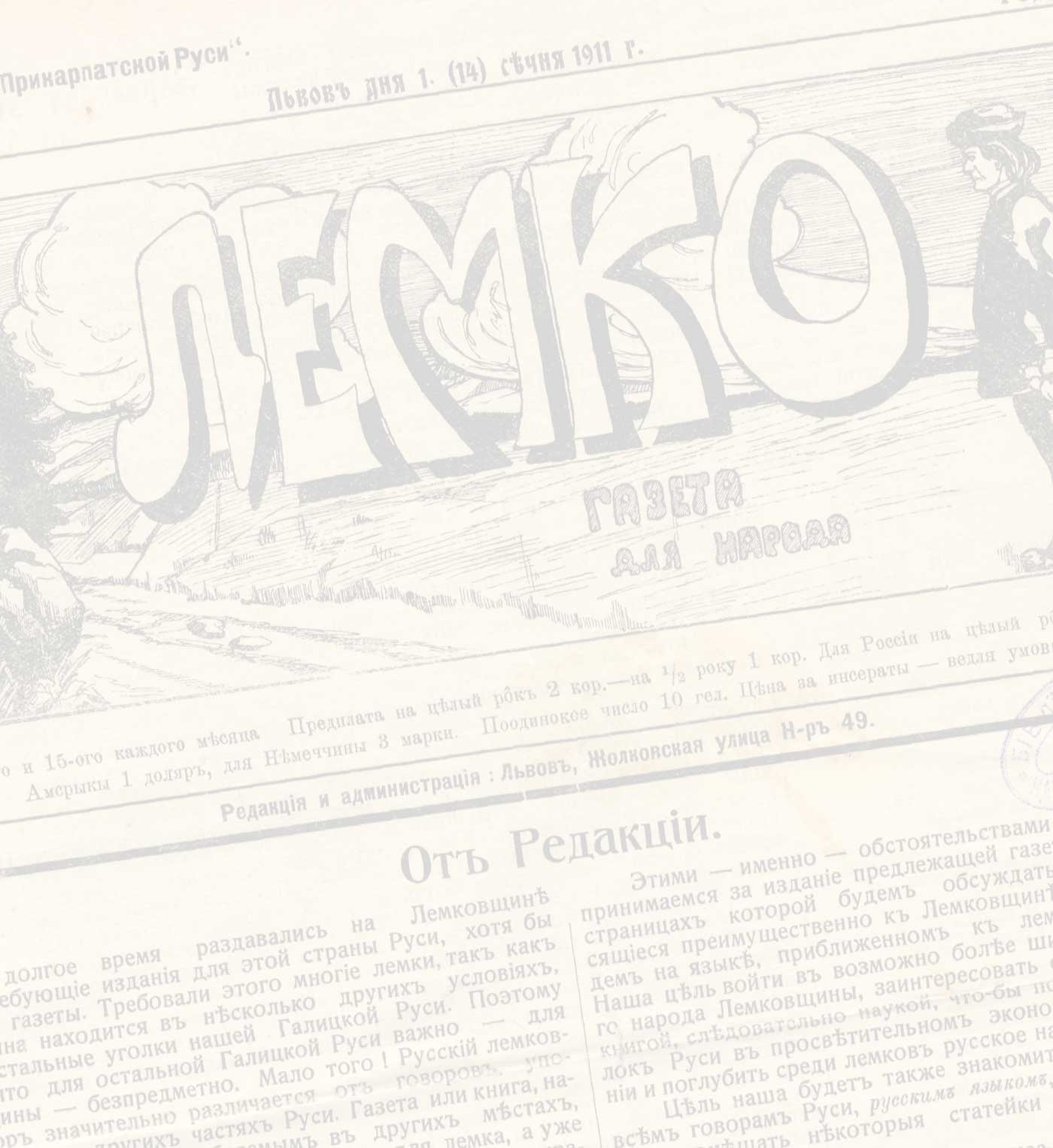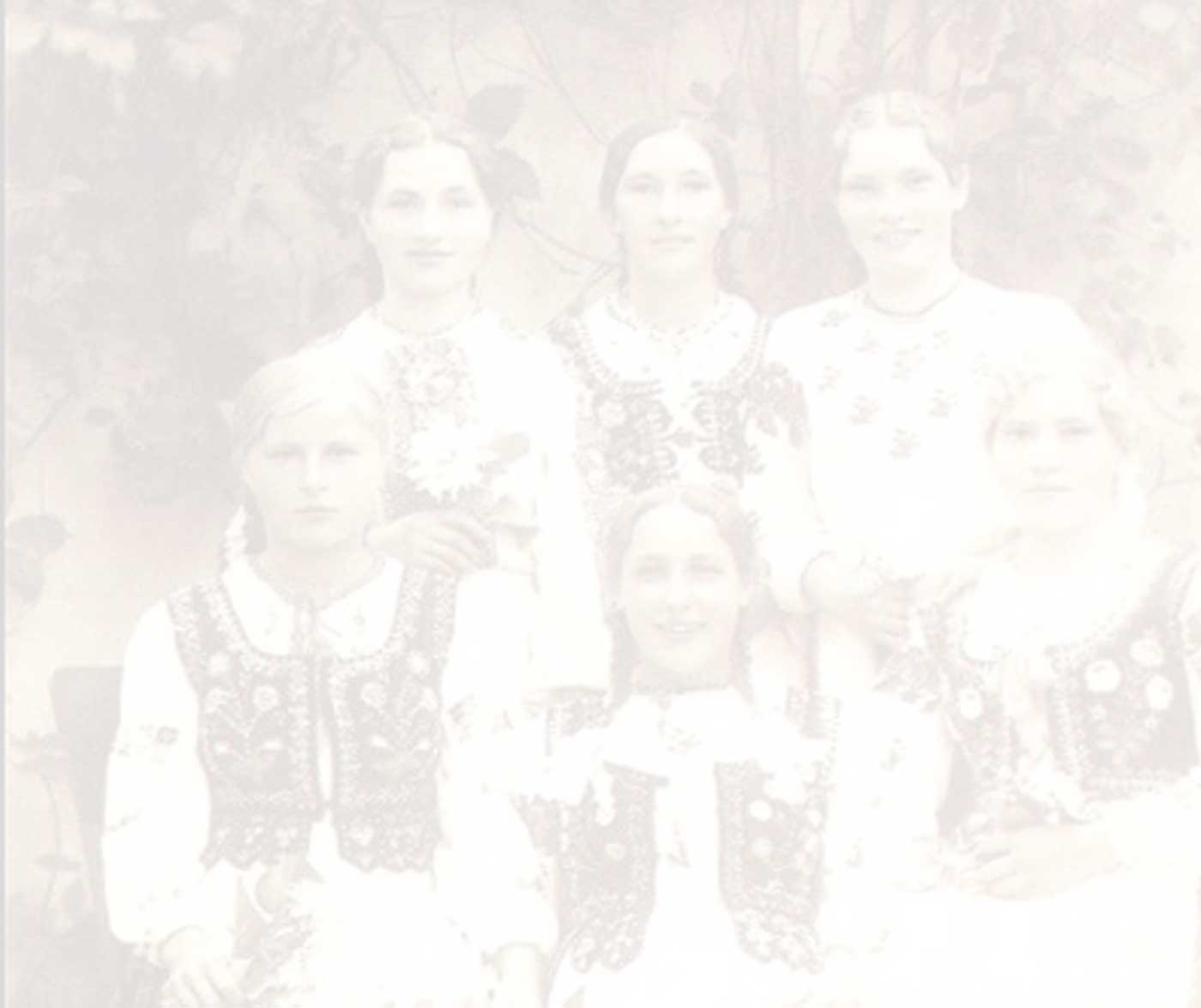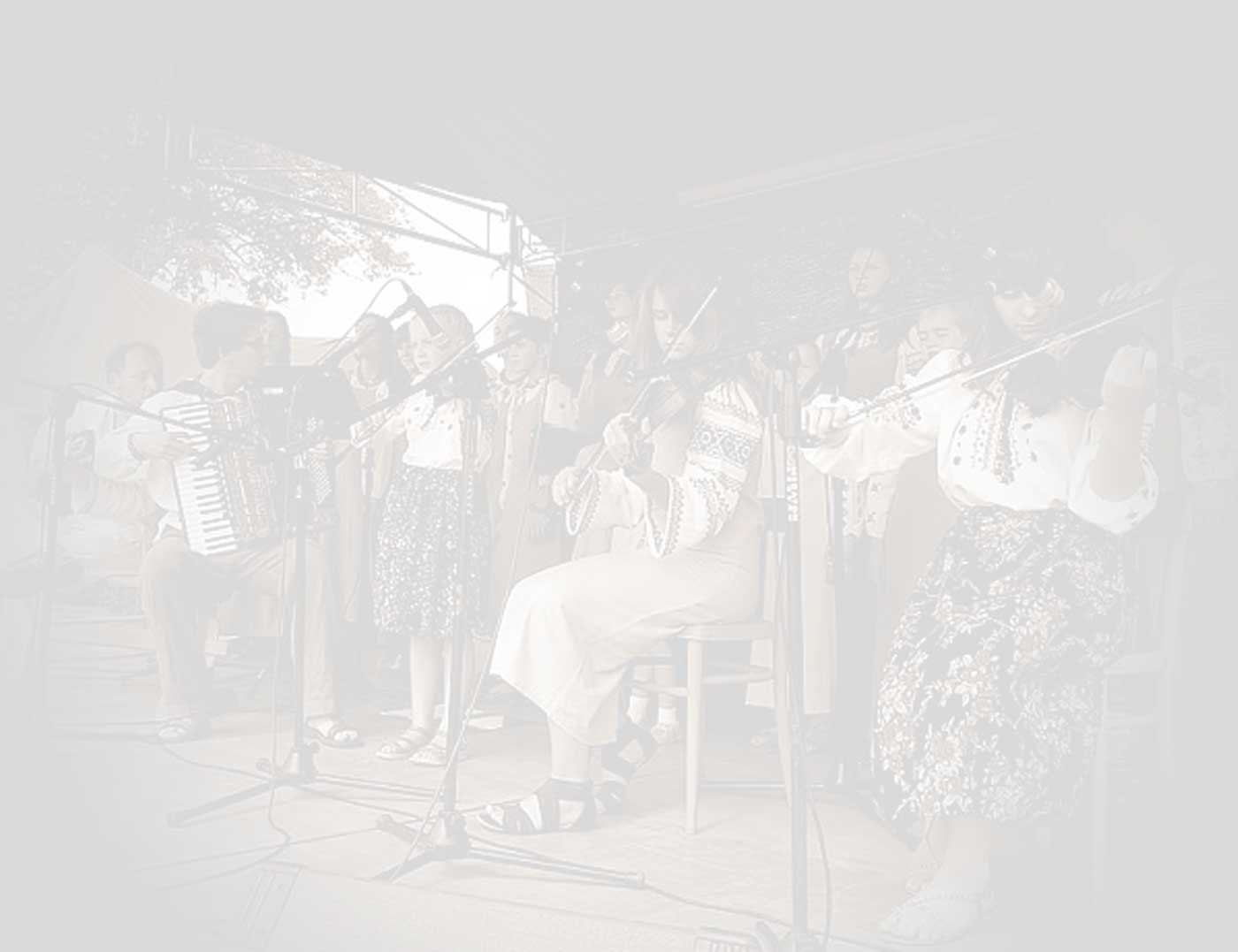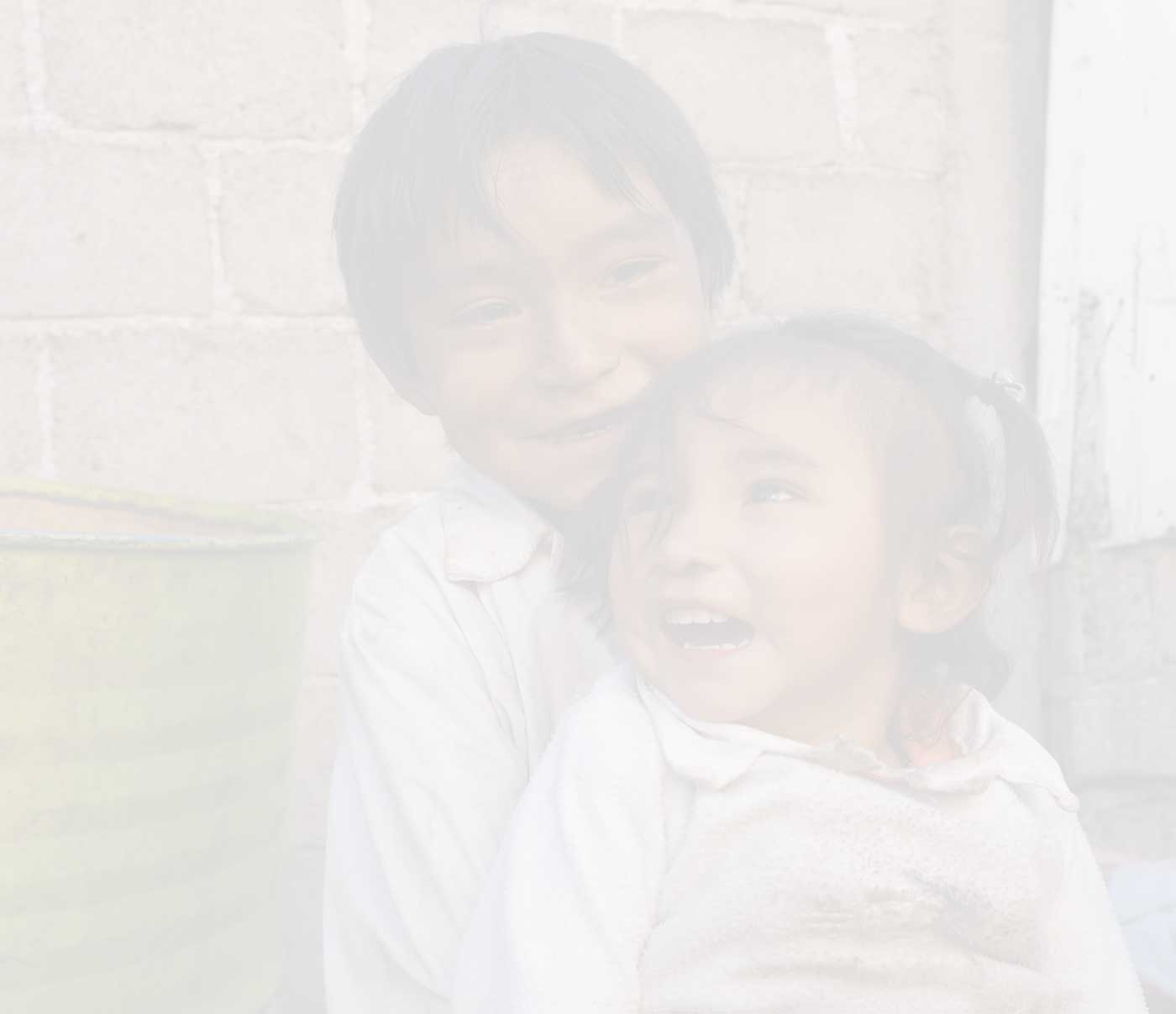























Linguistic rights
Linguistic rights are the rights people have to use their language in private and public domain. They were first recognized in the Universal Declaration of Human Rights in 1948. We can also distinguish linguistic human rights, connected with the right to identity, which derive their legitimacy from human dignity.
One of the key aspects in the linguistic rights debate is the legal status of the minority languages users. Legal guarantees and language policy of the host society are crucial for the preservation and development of the minority languages and their communities. In fact, these factors may determine, to a significant extent, the survival or death of an endangered language.
Important international legal instruments for linguistic rights include the Universal Declaration of Linguistic Rights the European Charter for Regional or Minority Languages and the Framework Convention for the Protection of National Minorities. Other documents, worth highlighting especially in the context of the right to education in a mother tongue, are the Convention on the Rights of a Child and the Convention 169 of the International Labor Organization.
The Universal Declaration of Linguistic Rights acknowledges the right to be recognized as a member of a language community; the right to the use of one’s own language both in private and in public and the right to maintain and develop one’s own culture as inalienable personal rights, which may be exercised in any situation [Art.3 (1)]. The Declaration recognizes collective linguistic rights, related to language communities, such as the right for their own language and culture to be taught; the right of access to cultural services; the right to an equitable presence of their language and culture in the communications media and the right to receive attention in their own language from government bodies and in socioeconomic relations [Art.3 (2)]. Furthermore, the Declaration considers that assimilation (defined as acculturation which leads to replacement of the original cultural values and characteristics by the references and norms of the host society) must on no account be imposed and can only be the result of an entirely free choice.
The European Charter for Regional or Minority Languages considers regional and minority languages to be an expression of cultural wealth. The Parties to the treaty are required to base their policies, legislation and practice on the need for resolute action to promote such languages in order to safeguard them, the facilitating and/or encouragement of the use of these languages, in speech and in writing, in public and in private life, as well as the provision of appropriate forms and means for the teaching and study of regional or minority languages at all appropriate levels (Art. 7).
Currently, the linguistic rights paradigm is articulated by two main academic movements (May 2005). The first one is the Language Ecology (LE) movement which situates the current significant loss of many of the world’s languages within a wider ecological framework and stresses the links between linguistic processes and the biological, social and cultural environment. Ecolinguistic research indicates that there is a correlation between biological and linguistic diversity which might be caused by the fact that traditional ecological knowledge is encoded in local languages (Gorenflo 2012; Oviedo & Maffi 2000; Harrison 2007). Linguistic diversity is, therefore, of strategic importance for the human kind and linguistic rights violation entails the loss of precious intellectual resources and ways of perception.
The second approach is the linguistic human rights (LHR) movement which stresses the need for the greater institutional protection of minority languages and their speakers, both nationally and internationally. The followers of this approach highlight the inadequate educational practices which, among other factors, contribute to the loss and erosion of cultural and linguistic diversity.
Selected literature
Coulmas, Florian
1998 Language rights: Interests of states, language groups and the individual, Language Sciences 20: 63- 72.
de Varennes, Fernand
1996 Language, Minorities and Human Rights, Kluwer Law International, The Hague, Netherlands.
Dunbar, Robert
2000 Implications of the European Charter for Regional or Minority Languages for British Linguistic Minorities, 25 European Law Review, Human Rights Survey 2000: 46-69.
Faingold, Eduardo
2004 Language rights and language justice in the constitutions of the world, “Language Problems & Language Planning” 28(1): 11-24.
Fishman, Joshua
1994 On the Limits of Ethnolinguistic Democracy, in Tove Skuttnabb-Kangas and Robert Phillipson (eds.) Linguistic Human Rights: Overcoming Linguistic Discrimination, Mouton, The Hague, Netherlands.
Gorenflo L. J., Romaine Suzanne, Mittermeier Russell, Walker-Painemillad, Kristen
2012 Co-occurrence of linguistic and biological diversity in biodiversity hotspots and high biodiversity wilderness areas, PNAS, vol. 109 no. 21, Washington.
Harrison, K. David
2007 When Languages Die. The Extinction of the World’s Languages and the Erosion of Human Knowledge, Oxford University Press, New York.
May, Stephen
2005 Language rights: Moving the debate forward, Journal of Sociolinguistics 9/3, Blackwell Publishing Ltd.
2012 Language and Minority Rights: Ethnicity, nationalism and the politics of language, Routledge, New York.
Oviedo, Gonzalo & Maffi, Luisa
2000 Indigenous and Traditional Peoples of the World and Ecoregion Conservation. An Integrated Approach to Conserving the World’s Biological and Cultural Diversity, WWF International & Terralingua, Gland, Switzerland.
Pennycook, Alastair
1998 The right to language: Towards a situated ethics of language possibilities, Language Sciences 20:73-87.
Phillipson, Robert
2003 English-Only Europe: Challenging Language Policy, Routledge, London.
Skutnabb-Kangas, Tove & Dunbar, Robert
2010 Indigenous children education as linguistic genocide and a crime against humanity? A global view, Gáldu Čála- Journal of Indigenous Peoples Rights n.1/2010, Kautokeino.